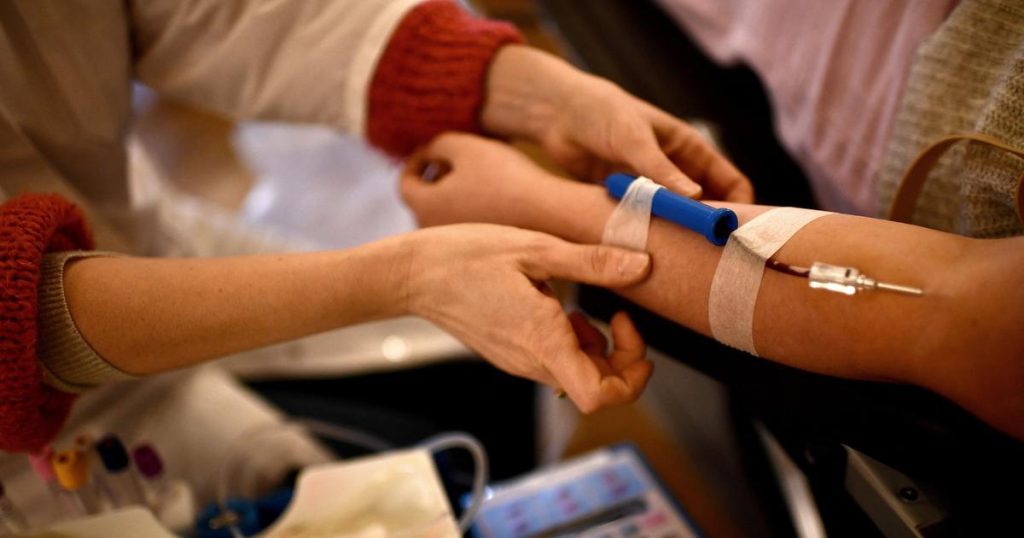Syllabus:
GS2: Welfare Schemes for Vulnerable Sections of the Population by the Centre and States and the Performance of these Schemes; Mechanisms, Laws, Institutions and Bodies constituted for the Protection and Betterment of these Vulnerable Sections.
Context:
Recently, a plea was filed in the Supreme Court challenging the blanket ban on blood donation by trans people, gay men and sex workers.
More on the News:
- In its affidavit, the government said that the exclusion of transgender and gay people from blood donation is premised on scientific evidence.
- The National Blood Transfusion Council’s guidelines say that trans people, gay persons and sex workers, among others, are “at risk” for HIV and Hepatitis B or C infections.
- Supreme Court has directed the Union government to obtain expert opinion on how to lift the “discriminatory” aspect of the 2017 blood donor guidelines in the country.
- The Supreme Court orally observed that the thought of labelling all transgenders as “risky” was worrying and essentially stigmatised these communities.
Petitioner’s Arguments
- The petitioner specifically challenges clauses 12 and 51 of the 2017 guidelines that cover ‘Risk Behaviour’ and those who are ‘At risk for HIV infection’ categories of donor selection.
- The petitioner contended that the permanent deferment based on gender identity and sexual orientation is violative of Articles 14, 15, and 21 of the Constitution of India, 1950.
Guidelines for Blood Donor Selection & Blood Donor Referral, 2017
- The Guidelines on Blood Donor Selection and Blood Donor Referral were issued by the National Blood Transfusion Council and the National Aids Control Organisation on 11 October 2017 to provide a safe, sufficient, and timely supply of blood to those in need.
- These guidelines are designed to promote best practices in Blood Transfusion Services to ensure the collection of donations from the lowest-risk donors possible.
- Clause 12, under ‘Blood Donor Selection Criteria’, states donors must be free of transfusion-transmissible diseases and not belong to high-risk groups for HIV, Hepatitis B/C—such as transgender and gay individuals, sex workers, drug users, or those with multiple partners, as assessed by the medical officer.
- Clause 51 permanently disqualifies individuals considered “at risk” for HIV, including transgender people, men who have sex with men (MSM), and female sex workers from donating blood.
Supreme Court’s earlier ruling
- In the NALSA v Union of India (2014) case, the Court ruled that discrimination based on sex under Articles 15 and 16 includes gender identity, affirming that no citizen, including those identifying as a third gender, can be discriminated against on this basis.
- In Navtej Singh Johar v Union of India’ (2018), the Court observed that LGBT persons deserve to live unshackled from the shadow of being “unapprehended felons” and declared IPC’s Section 377, which criminalizes consensual sexual acts of adults in private, as “violative of Articles 14, 15, 19, and 21 of the Constitution”.

